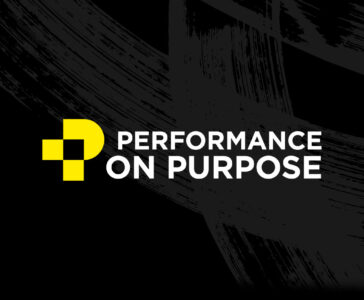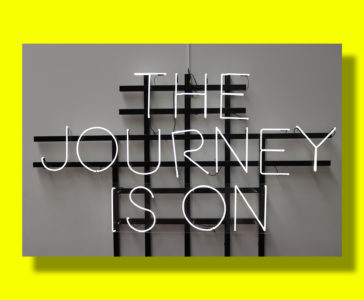Through the initial interactions of interviewing, you can not only find ways to identify candidates who will accelerate your cultural growth, but you can also begin to create evangelists for the culture you seek.
Almost every day, I read about how important organizational culture is to business results and to attracting/retaining the best talent.
Most of the publications (like this paper from Gallup) focus on what organizations are doing to make work more engaging for current employees – with creative incentives, training, fun activities and more. These engagement programs are obviously important, but in recent years, we’ve seen that the roots of a thriving culture often start much earlier – during the interview process.
Through the initial interactions of interviewing, you can not only find ways to identify candidates who will accelerate your cultural growth, but you can also begin to create evangelists for the culture you seek. By adding a cultural focus to your interviews, you can build a virtuous cycle that helps you both find the right folks and bring them into the organization engaged with and advocating for your culture from day one.
It starts with an invitation
As the process begins and you’re scheduling your meeting, there is an opportunity to tee up the interview as an invitation to a cultural conversation. In the email you send, you can ask the candidate to prepare their thoughts on your organization’s culture and how they could see themselves both contributing to and benefitting from it. Since many organizations highlight cultural tenets on their websites, this is a good test to see if the candidate takes the time to find these details and prepare their thoughts.
Another approach is one our client HalloranSage takes. They proactively email their cultural Guidebook (which includes their Purpose Statement, Values and Brand Promise) as an attachment to each candidate days before the scheduled interview. In the email, they ask candidates to review the materials and come prepared to discuss the contents.
For the strong candidates, this request engages their imaginations about working for the organization. And, by starting the process with this emphasis on culture, you demonstrate how committed you are to these ideals.
Assess candidates on the way in
Since interviews are often stressful for many candidates, the time just before an interview offers a good test of how people respond under duress and what kind of cultural asset (or drain) they may be.
Some organizations ask their receptionist to comment on how candidates behave when they’re waiting in the lobby before the interview. As Jane Eggers, CEO of Spreadshirt told the NY Times, “I’m also going to see how they treat the receptionist. I always get feedback from them. I’ll want to know if someone comes in and if they weren’t polite, if they didn’t say, ‘Hello,’ or ask them how they were. It’s really important to me.”
More creatively, Zappos actually starts their interview assessment on the ride from the airport to their facility. The shuttle drivers give their feedback to the HR team and describe how the candidate acted and treated them on the ride. Zappos CEO Tony Hsieh said “at the end of the day of interviews, the recruiter will circle back to the shuttle driver and ask how he or she was treated. It doesn’t matter how well the day of interviews went, if our shuttle driver wasn’t treated well, then we won’t hire that person.”
Ask Big Questions
During the interview itself, there are a number of great questions you can ask to see how much the candidate will not only fit into your culture, but help take it to the next level.
As mentioned earlier, HalloranSage sends each candidate their cultural Guidebook before interviews. Then, they follow up with interview questions like:
- What stands out about our culture to you?
- What excites you about contributing to these ideas?
- What do you see is possible for us?
These questions not only allow them to see if the candidate did their homework, they can also get a sense for how each person thinks and where their passions may lie.
Other organizations we work with ask their candidates similar, open-ended questions that include:
- What do you stand for?
- What surprises people about you?
- What motivates you to do your best work?
- Why did you choose to apply here?
With these types of questions, you can get a good sense for what type of cultural ambassador each candidate could be. For more inspiration, check out this list of cultural interview questions.
Attract and engage talented employees
By emphasizing your commitment to culture at each step of the interview process, you will not only identify great folks to hire, but you’ll also attract the kinds of candidates who want to be part of a company that stands for something.
In addition, you’ll start to engage each candidate’s imagination, inviting them to picture how their future could be as a member of your team.
Creating and maintaining a dynamic culture is a big priority for nearly every organization. There are many parts to this process, but making your interviews as much about how the candidate will be an asset to your culture as they are about fulfilling the role goes a long way in enhancing your team.
Have you found creative ways to incorporate your organization’s culture into your interviewing process? If so, please share them here so others can benefit from your learning.
Want more from Fathom?
Sign up to receive updates about our articles.


